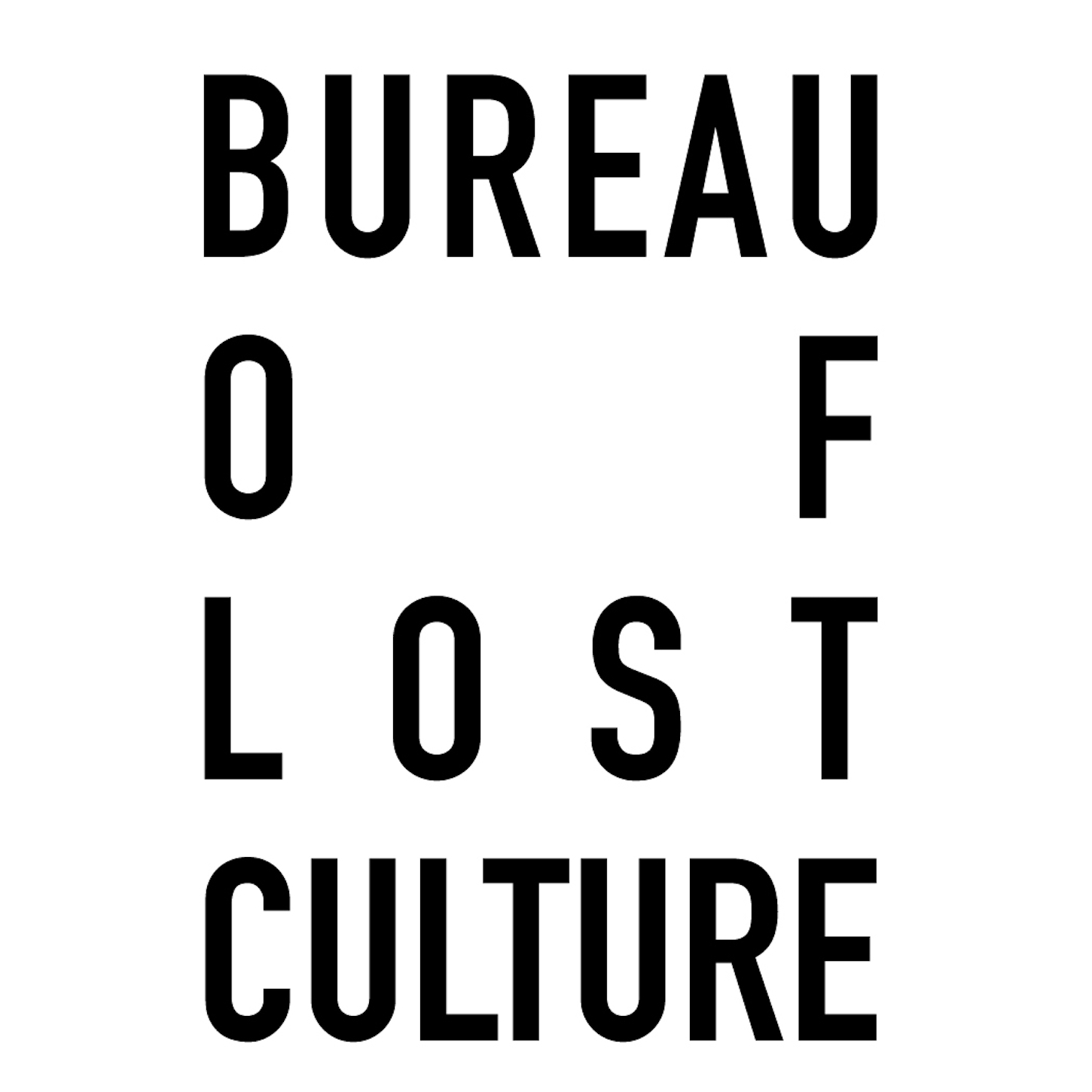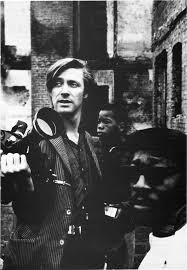
*The Bureau of Lost Culture broadcast curious, rare, half-forgotten, half-remembered countercultural stories, oral histories and tales from the underground. *Join host Stephen Coates and a wide range of guests including musicians, writers and cultural commentators like Billy Bragg, Lisa Law, Michael Moorcock, Alan Moore, Jill Drower, Peter Coyote and Johnny Marr in conversation. *Listen live on Saturdays at 9.00am on London’s premier independent station Soho Radio or via catch-up on all major podcast providers: *The Bureau is now collected at The British Library Sound Archive
Episodes

Monday Oct 19, 2020
Tonite Let's All Make Love in London: The Films of Peter Whitehead
Monday Oct 19, 2020
Monday Oct 19, 2020
Peter Whitehead was an innovative English writer and filmmaker who documented the counterculture in London and New York in the late 1960s.
His film Wholly Communion captured The International Poetry Incarnation, a groundbreaking event at The Royal Albert Hall in 1965 that was to prove pivotal in the evolution of the underground scene. The film featured poetry readings by Beat poets including Allen Ginsberg, Michael Horovitz, Adrian Mitchell and Lawrence Ferlinghetti and established Whitehead as the London counterculture’s 'Man With a Movie Camera’.
Film event producer Marek Pytel walks us through Whtehead's life and work including the iconic 'Tonite Let's All Make Love in London’ documentary that helped define the "swinging London" scene of the sixties with psychedelic performances and interviewees including Pink Floyd, John Lennon, Yoko Ono, Mick Jagger, Vanessa Redgrave, Lee Marvin, Julie Christie, Allen Ginsberg, Eric Burdon, Michael Caine and many others.
We hear how Whitehead went onto film with The Rolling Stones and Jimi Hendrix and to make provocative work about the countercultural protest movement in late 60s New York before making an extraordinary career swerve.
For More on Marek Pytel's work see www.realityfilm.co.uk
Version: 20240320


Comments (0)
To leave or reply to comments, please download free Podbean or
No Comments
To leave or reply to comments,
please download free Podbean App.